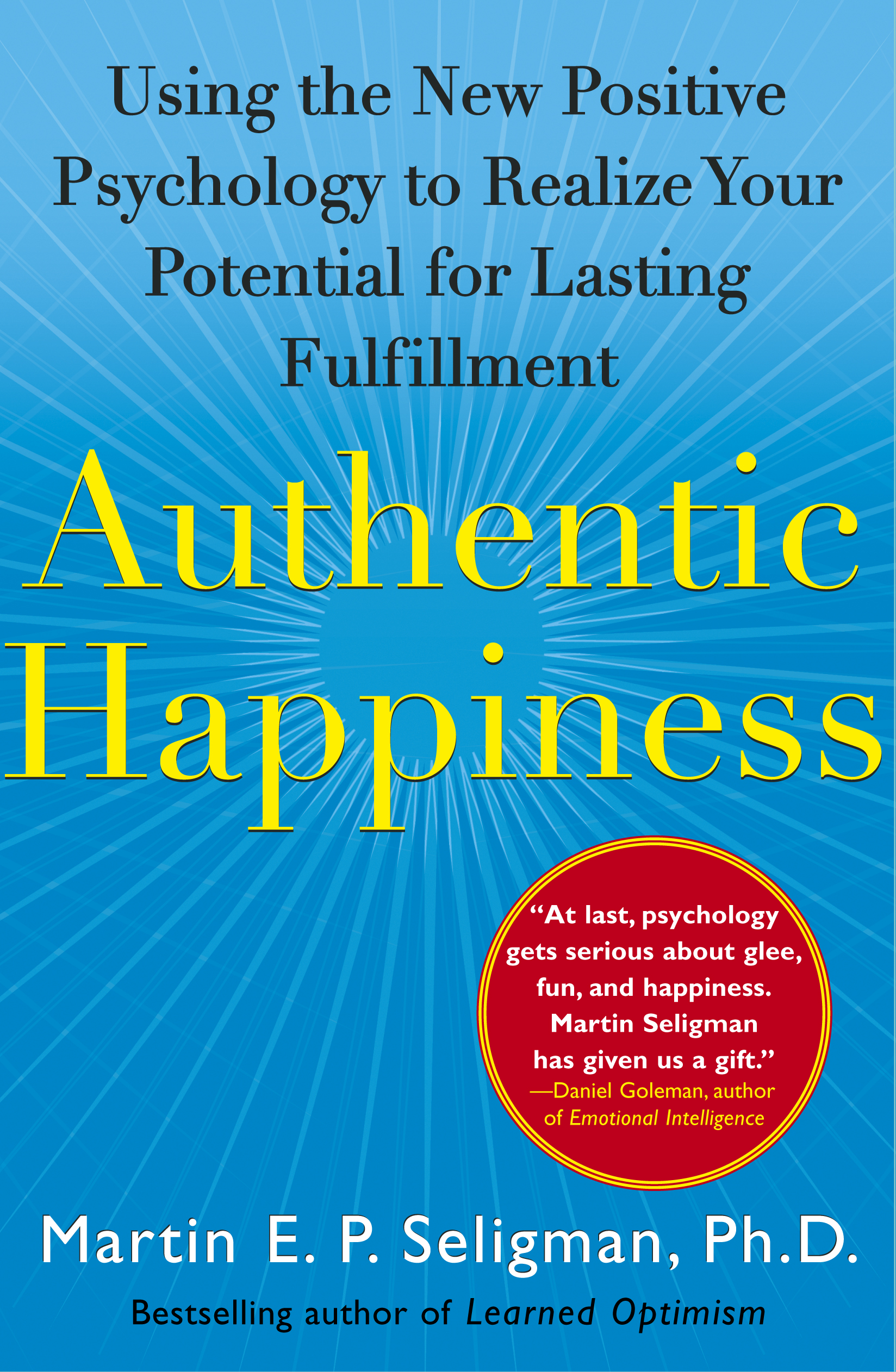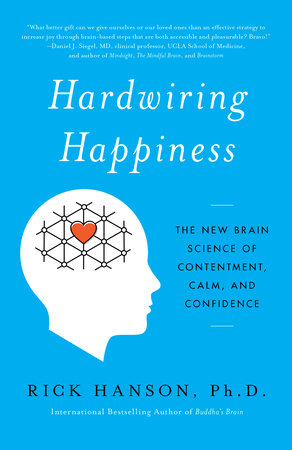Researchers say they’ve discovered that even thinking about doing something generous has real mood-boosting benefits in the brain.
YOU MIGHT ALSO LIKE
CLEAR ALL
BY TOPIC
BY TYPE
FILTER

TOPIC
- Well-Being (51)
- Anxiety (35)
- Depression (32)
- Neuroscience (31)
- Honoring Emotion (29)
- Stress Management (23)
- Gratitude (21)
- Building Character (20)
- Self-Discovery (20)
- Joy (19)
- Self-Care (19)
- Resilience (18)
- Emotional Intelligence (EQ) (17)
- Habit Formation (17)
- Stress (17)
- Athlete Well-Being (16)
- Mindfulness (15)
- Parenting (15)
- Positive Psychology (15)
- Finding Meaning (14)
- Meditation (14)
- Positive Thinking (14)
- Search for Purpose (14)
- Self-Development (14)
- Self-Healing (14)
- Trauma Healing (14)
- Awareness (13)
- BIPOC Well-Being (13)
- Inner Peace (13)
- Life Challenges (13)
- Mind-Body Connection (13)
- Physical Health (13)
- Relationship Challenges (13)
- Self-Reflection Practices (13)
- Brain Health (12)
- Fear (12)
- Psychology (12)
- Self-Esteem (12)
- Buddhism (11)
- Child’s Emotional Growth (11)
- Generosity (11)
- Kindness (11)
- Negative Self-Talk (11)
- Neuroplasticity (11)
- Anger (10)
- Belonging (10)
- Communication Skills (10)
- Compassion (10)
- Goal Setting (10)
- Optimism (10)
- Black Well-Being (9)
- Cancer (9)
- Habits of Mind (9)
- Mindfulness Practices (9)
- Motivation (9)
- PTSD (9)
- Self-Acceptance (9)
- Self-Actualization (9)
- Self-Worth (9)
- Shame (9)
- Vulnerability (9)
- Addiction (8)
- Courage (8)
- Fellowship and Community (8)
- Inner Life (8)
- Mental Health Challenges (8)
- Peak Performance (8)
- Self-Compassion (8)
- Self-Limiting Beliefs (8)
- Suicide (8)
- Children’s Well-Being (7)
- Connection (7)
- Empowerment (7)
- Entrepreneurship (7)
- Exercise (7)
- Forgiveness (7)
- Human Potential (7)
- Inner Strengths (7)
- Presence (7)
- Self-Love (7)
- Authenticity (6)
- Breathwork (6)
- Chronic Anxiety (6)
- Community Healing (6)
- Confidence (6)
- Criticism and Rejection (6)
- Grief (6)
- Intention (6)
- Neuropsychology (6)
- Offering Support to Others (6)
- Positive Self-Talk (6)
- Self-Mastery (6)
- Setting Limits and Boundaries (6)
- Transformation (6)
- ADD/ADHD (5)
- Aging (5)
- Anger Management (5)
- Connection with Nature (5)
- Diet and Nutrition (5)
- Eating Disorders (5)
- Healthy Eating (5)
- Integrative Medicine (5)
- Leadership (5)
- Letting Go (5)
- Love (5)
- Racial Healing (5)
- Relationship with Money (5)
- Self-Realization (5)
- Spiritual Growth (5)
- Suffering (5)
- Trauma (5)
- Values (5)
- Veteran Well-Being (5)
- Women’s Well-Being (5)
- Work-Life Balance (5)
- Acceptance (4)
- Activism/Service (4)
- Addiction Recovery (4)
- Asking for Help (4)
- Cognitive Behavioral Therapy (4)
- Divorce and Breakup (4)
- Empathy (4)
- Endurance (4)
- Imagination and Creativity (4)
- Journaling (4)
- Mindfulness Meditation (4)
- Moral Philosophy (4)
- Neurodiversity (4)
- Performance Anxiety (4)
- Relationship with Time (4)
- Romantic Relationships (4)
- Self-Pressure (4)
- Sleep (4)
- Speaking Your Truth (4)
- Young Adult Well-Being (4)
- Adaptability (3)
- Body Image (3)
- Child’s ADD/ADHD (3)
- Chronic Pain (3)
- Clinical Depression (3)
- Curiosity (3)
- Dysfunctional Childhood (3)
- Family Dynamics (3)
- Forest Bathing (3)
- Genetics (3)
- Global Challenges (3)
- Growth Mindset (3)
- Guided Meditation (3)
- Guilt (3)
- Healing Approaches (3)
- Holism (3)
- Identity (3)
- Longevity (3)
- Manifestation (3)
- Memoir (3)
- Military to Civilian Re-entry (3)
- Oneness (3)
- Racial Justice (3)
- Self-Control (3)
- Sexuality (3)
- Social Anxiety (3)
- Social Justice (3)
- Social Responsibility (3)
- Somatic Practices (3)
- Spiritual Life (3)
- Spiritual Practices (3)
- Tibetan Buddhism (3)
- Trust (3)
- Visualization (3)
- Abandonment (2)
- Affirmations (2)
- Alcohol Addiction (2)
- Attachment Theory (2)
- Autoimmune Disease (2)
- Awe (2)
- Biofeedback (2)
- Body Positivity (2)
- Burnout (2)
- Child’s Anxiety (2)
- Child’s Trauma (2)
- Chronic Health Conditions (2)
- Creative Well-Being (2)
- Cross-Cultural Dynamics (2)
- Death or Loss of a Loved One (2)
- Decision Making (2)
- Disconnection (2)
- Doubt (2)
- Ego Transcendence (2)
- Failure (2)
- Focus (2)
- Freedom (2)
- Highly Sensitive People (2)
- Hope (2)
- Humility (2)
- Hypnosis (2)
- Inner Child (2)
- Intergenerational Trauma (2)
- LGBTQIA Well-Being (2)
- Loneliness (2)
- Lovingkindness (2)
- Mentoring (2)
- Narcissism (2)
- OCD (2)
- Othering (2)
- Panic Attacks (2)
- Perception (2)
- Philosophical Approaches (2)
- Post-Traumatic Growth (2)
- Race and Gender (2)
- Racial Identity (2)
- Rest (2)
- Retirement (2)
- Self-Reliance (2)
- Shadow (2)
- Situational Depression (2)
- Social Psychology (2)
- Spiritual Awakening (2)
- Spiritual Development (2)
- Spiritual Quest (2)
- Storytelling (2)
- Toxic Relationships (2)
- Work Challenges (2)
- Yoga (2)
- A Course in Miracles (1)
- AAPI Well-Being (1)
- Academic Struggles (1)
- Accepting Love (1)
- Access to Education (1)
- Acupressure (1)
- Art Therapy (1)
- Autism (1)
- Building Culture (1)
- Cannabis/CBD (1)
- Child’s Autism (1)
- Child’s Challenging Behavior (1)
- Christianity (1)
- Climate Change (1)
- Codependency (1)
- Cognitive Psychology (1)
- Collective Trauma (1)
- Compassion Meditation (1)
- Competition (1)
- Conflict Resolution (1)
- Dark Night of the Soul (1)
- Deciding to Have Children (1)
- Despair (1)
- Digital Life (1)
- Domestic Abuse (1)
- Embodiment (1)
- Energy Healing (1)
- Enlightenment (1)
- Environmental Justice (1)
- Facing Own Death (1)
- Faith (1)
- Female Empowerment (1)
- Friendship (1)
- Goddess (1)
- Grace (1)
- Heartmath (1)
- Hero’s Journey (1)
- Higher Calling (1)
- Imposter Syndrome (1)
- Integrity (1)
- Intimacy (1)
- Islam (1)
- Jealousy/Envy (1)
- Karma (1)
- Kids and Sports (1)
- Latinx Well-Being (1)
- LGBTQIA Children (1)
- Living as an Empath (1)
- Lovingkindness Meditation (1)
- Marriage (1)
- Masculine/Feminine Dynamics (1)
- Memory (1)
- Men’s Well-Being (1)
- Midlife Crisis (1)
- Native American Beliefs (1)
- Non-Duality (1)
- Nutritional Medicine (1)
- Patience (1)
- Performance Pressure (1)
- Personality Disorders (1)
- Play (1)
- Poetry (1)
- Prayer (1)
- Pregnancy and Childbirth (1)
- Productivity (1)
- Psychoanalysis (1)
- Psychology and Spirituality (1)
- Racial Discrimination (1)
- Racism (1)
- Regret (1)
- Ritual (1)
- Self-Expression (1)
- Self-Reckoning (1)
- Sex (1)
- Slumps (1)
- Social Media Addiction (1)
- Spiritual Direction (1)
- Spiritual Healing (1)
- Spirituality and Health (1)
- The Feldenkrais Method (1)
- Trauma-Informed Therapy (1)
- Unfulfilled Career (1)
- Vitamin Supplementation (1)
- Weight Concerns (1)
- Willpower (1)
- Work Relationships (1)
- Youth Activism (1)
FILTER

TEACHER
- Lisa Feldman Barrett (5)
- Martin Luther King Jr. (5)
- Rick Hanson (5)
- The Dalai Lama (5)
- Gabor Maté (4)
- Mihály Csíkszentmihályi (4)
- Dan Buettner (3)
- Marci Shimoff (3)
- Martin Seligman (3)
- Andrew Solomon (2)
- Andrew Weil (2)
- Daniel Amen (2)
- Daniel Gilbert (2)
- Daniel J. Siegel (2)
- Elaine Aron (2)
- Gabrielle Bernstein (2)
- Gretchen Rubin (2)
- James Doty (2)
- John C. Parkin (2)
- John Sarno (2)
- Karla McLaren (2)
- Lodro Rinzler (2)
- Matthieu Ricard (2)
- Ralph De La Rosa (2)
- Tal Ben-Shahar (2)
- Terri Cole (2)
- Yongey Mingyur Rinpoche (2)
- Adam Grant (1)
- Alain de Botton (1)
- Alan Watts (1)
- Amishi Jha (1)
- Angela Duckworth (1)
- Anne Lamott (1)
- Arianna Huffington (1)
- Ashley Neese (1)
- bell hooks (1)
- Bertrand Russell (1)
- Bessel van der Kolk (1)
- Biet Simkin (1)
- Blaise Aguirre (1)
- Bruce Lipton (1)
- Chip Conley (1)
- Connie Zweig (1)
- Daniel Goleman (1)
- Dilip Jeste (1)
- Dorothy Day (1)
- Edward Hallowell (1)
- Emiliana Simon-Thomas (1)
- Forrest Hanson (1)
- Gary Zukav (1)
- Geneen Roth (1)
- Gordon Neufeld (1)
- Harriet Lerner (1)
- Hyla Cass (1)
- Iskra Lawrence (1)
- Jack Canfield (1)
- Jack Kornfield (1)
- James Baraz (1)
- James Hillman (1)
- Jan Willis (1)
- Jana Long (1)
- Jay Shetty (1)
- Joan Borysenko (1)
- Joan Chittister (1)
- John Bradshaw (1)
- Jon Bernie (1)
- Jonathan Haidt (1)
- Joseph M. Marshall III (1)
- Kathy Freston (1)
- Kelly McGonigal (1)
- Kristin Neff (1)
- Leah Guy (1)
- Linda Graham (1)
- Lindo Bacon (1)
- Lise Van Susteren (1)
- Lori Gottlieb (1)
- Maria Sirois (1)
- Moshé Feldenkrais (1)
- Nataly Kogan (1)
- Neale Donald Walsch (1)
- Nicole LePera (1)
- Noah Levine (1)
- Paramahansa Yogananda (1)
- Poppy Jamie (1)
- Ram Dass (1)
- Rich Roll (1)
- Ruby Wax (1)
- Russell Brand (1)
- Seyyed Hossein Nasr (1)
- Sharon Salzberg (1)
- Stephanie Y. Evans (1)
- Swami Mukundananda (1)
- Sylvia Boorstein (1)
- Thubten Chodron (1)
- Tony Gaskins Jr. (1)
- William Bloom (1)








